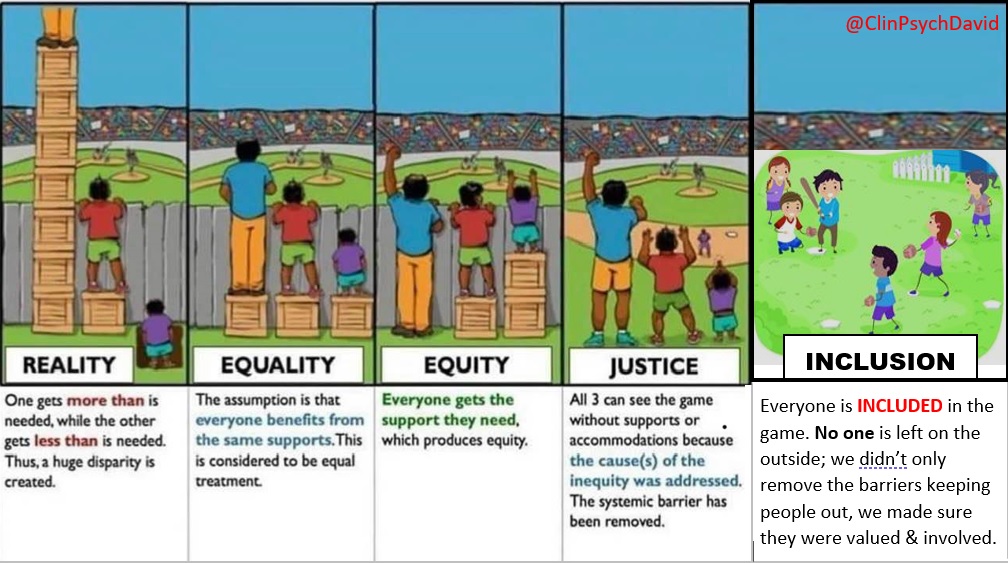Write these reading reflections in the voice you use with friends; people who share your values, and are interested in gender but don’t know the information that is in your reading. Your response should show that you:
- have read the text and can identify the important information;
- understand at least three important concepts, events, or people from the text; and
- can explain the important information from the text using examples from your own experiences.
Reading reflection entries should be 250 words or more and are due weekly, on Wednesdays by 11:59 pm. It is advised you complete these reflections before the discussion board activity. You can think of the reflection as a warm-up to get you focused to engage with others.
To submit your reading reflections, go to the plus sign at the top of the site > type a title* and type the body of your post > choose the category “Reading Journal” on the right > publish.
*Please use the title format “Journal [Number]” for each entry.
